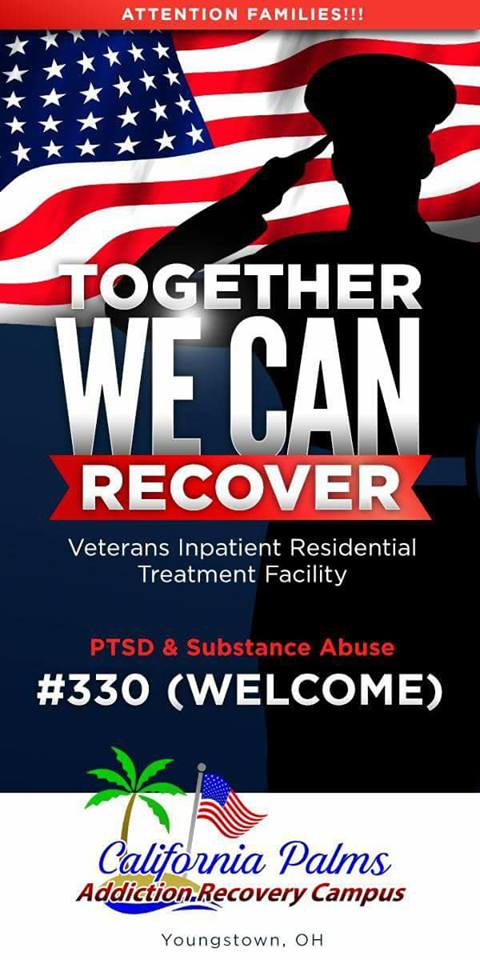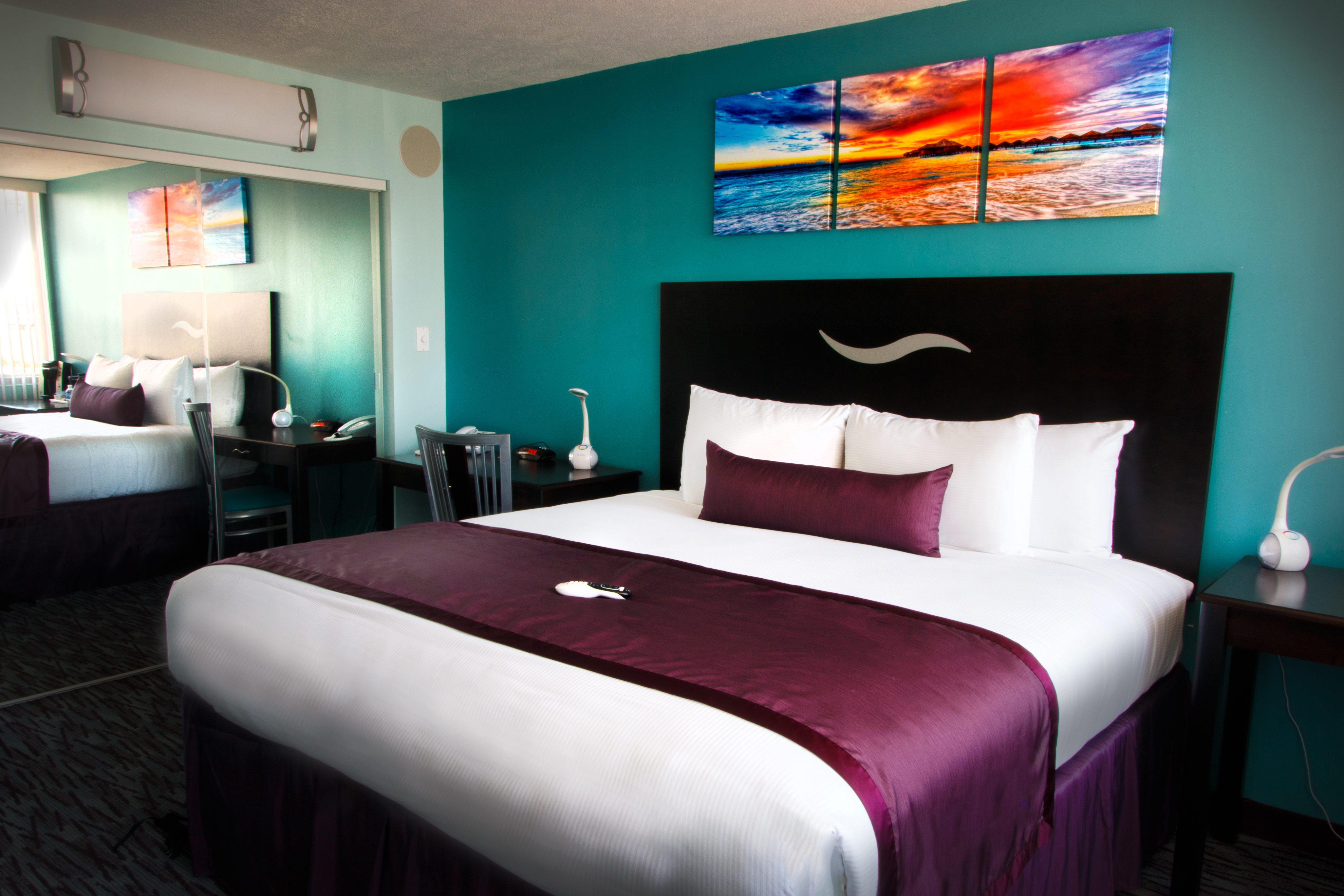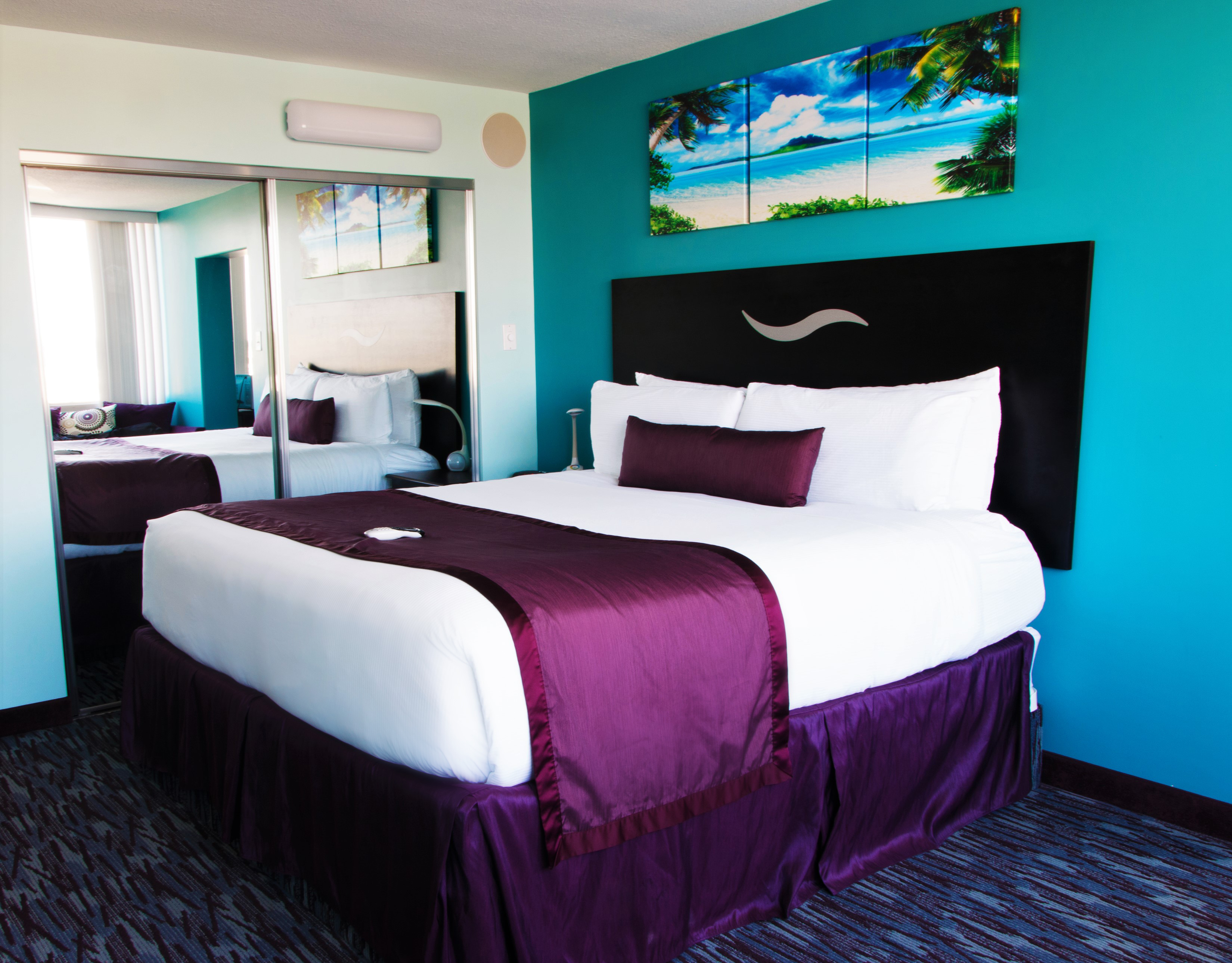Opioid Addiction & PTSD Treatment Programs for Veterans in Ohio 330-935-2663
Gunshot wounds, missing limbs, broken bones, bad knees, and arthritic hips, are just some of the many issues our military men and women have to fight in addition to our enemies on the battlefield. Too often, these and many other major and minor physical issues have been treated with opioid-based prescription painkillers.
Nightmares, flashbacks, anxiety, depression and traumatic stress are unfortunately lesser-known mental and emotional ailments that our best and brightest also bring home. These overwhelmingly painful conditions often last far longer, and have significantly more impact than any physical injury. In fact, every facet of the total-being is negatively affected by the never-ending battles waged in the combat survivor’s mind.
The combination of physical injury treated with opioid pain medications often proves to be lethal for many of our veterans. These substances relieve not only the physical pains of battle but also deaden the emotional pain of combat-related emotional stress.
In a very short period of time, a combat veteran could survive serious physical injuries on the battlefield only to find that the true battle for his or her life and soul is only beginning. Traumatic stress and addiction are often battles that Airman, Sailors, Marines, and soldiers must continue to fight long after they come home from foreign lands.
The battlefield of the mind, where traumatic stress and addiction are the enemies, is too often the theater of war where are combat survivors become fatal casualties. In fact, a military vet is 10 times more likely than a non-vet to overdose and die from opiate addiction.
We as a nation have failed these brave men and women. Instead of welcoming them home with a promise of no more wars to fight, we immediately engage them in a fight against traumatic stress and/or opioid addiction. Even worse – we again put them in harm’s way with little support and few weapons.
Nearly 3 million American servicemen and servicewomen have fought in the global war on terror; of that number as many as 500,000 have some behavioral health issues and at least 300,000 have post-traumatic stress disorder (PTSD). The Veterans Administration has a total of 900 Behavioral Health beds – 900
3 million Americans go to war
500,000 have emotional disorders
300,000 have PTSD
the VA has 900 beds
900
This low capacity is not the VA’s fault. The responsibility lies with “we the people” – our government is short-changing the very citizens they sent to war and this injustice must stop – now
California Palms Recovery Campus is designed specifically to support the VA and its mission to provide quality substance abuse and behavioral health treatment to the men and women who sacrificed nearly everything while fighting to defend our relatively pleasant and enjoyable lives.
You can help us by…




